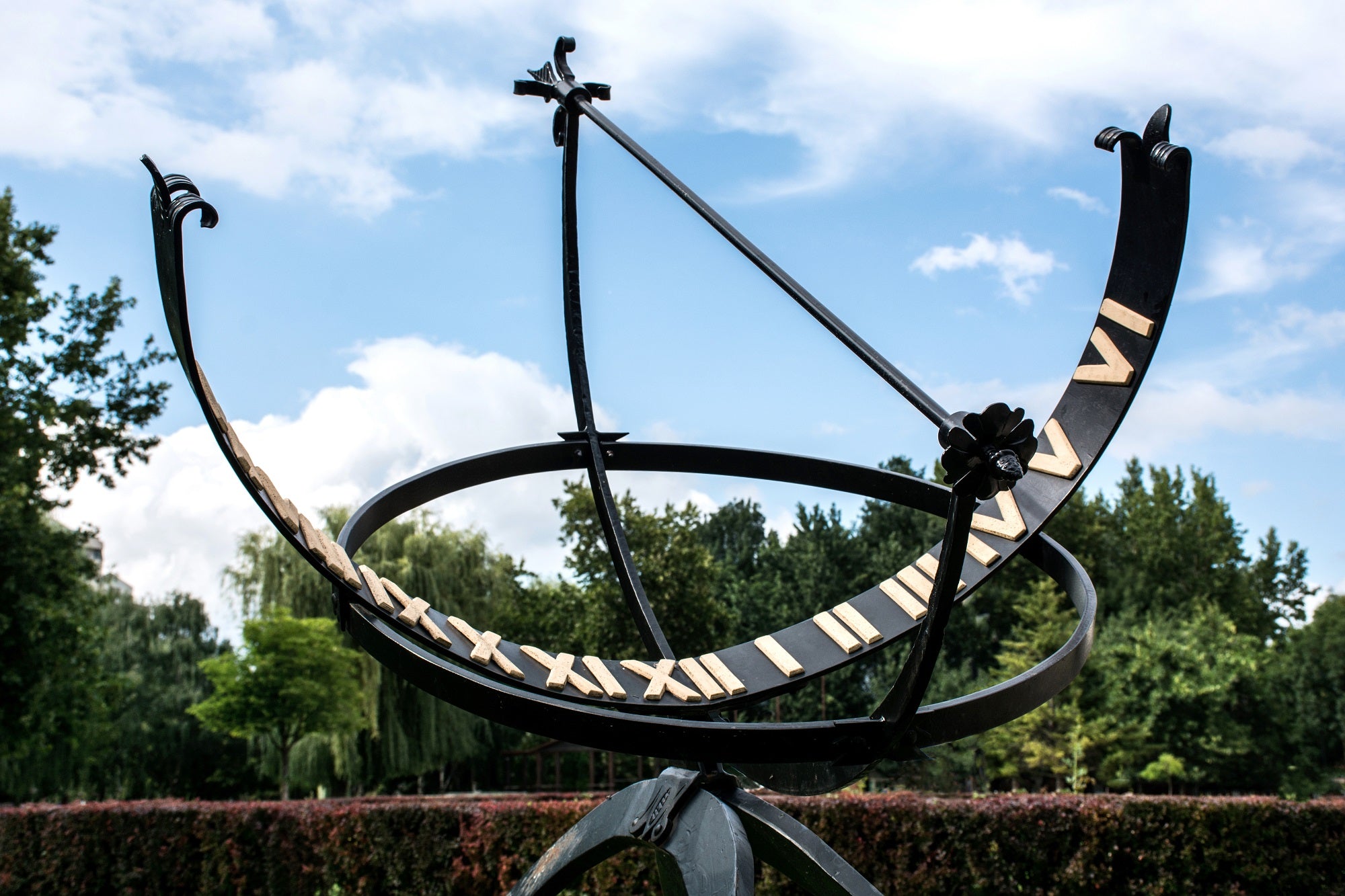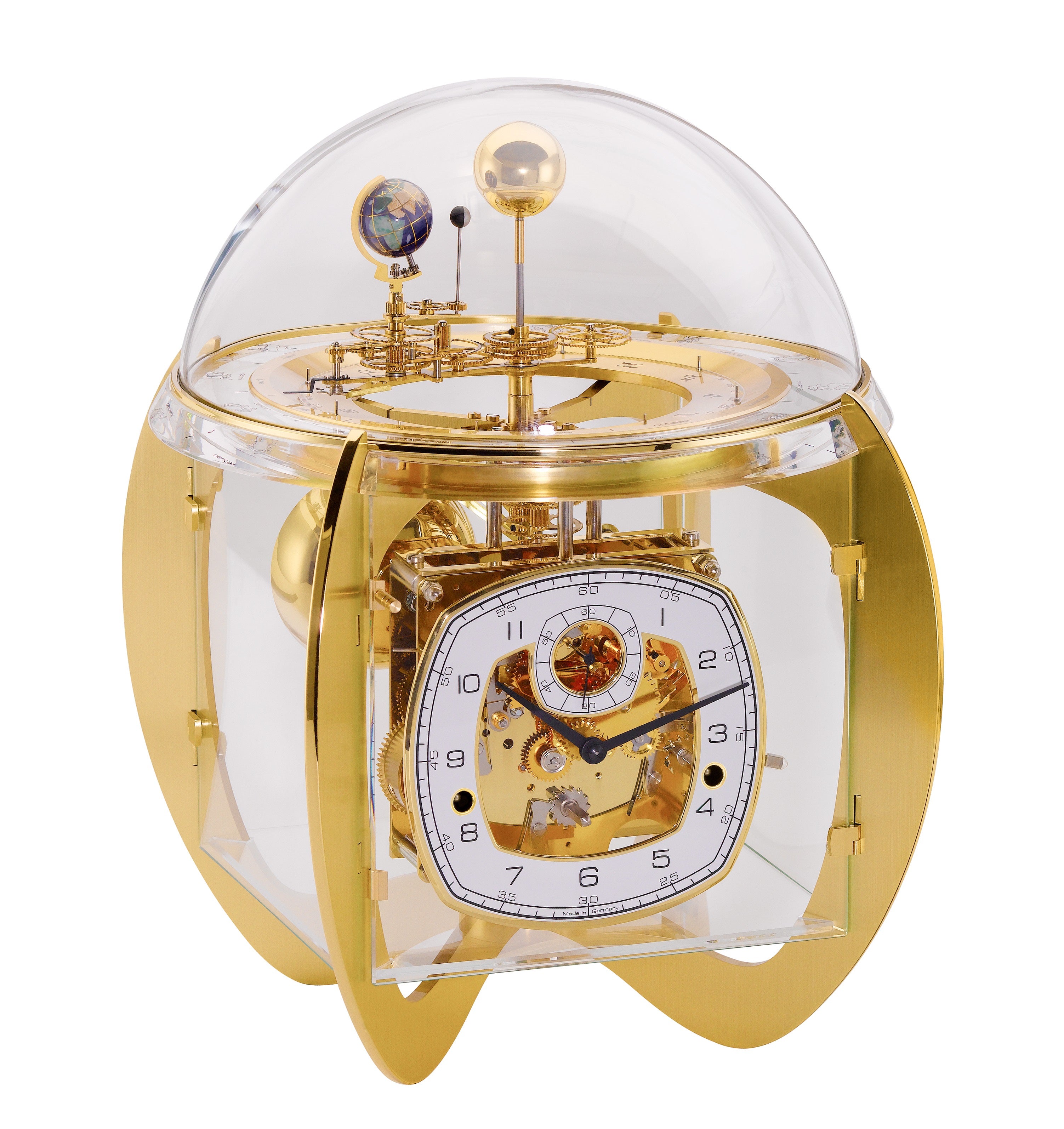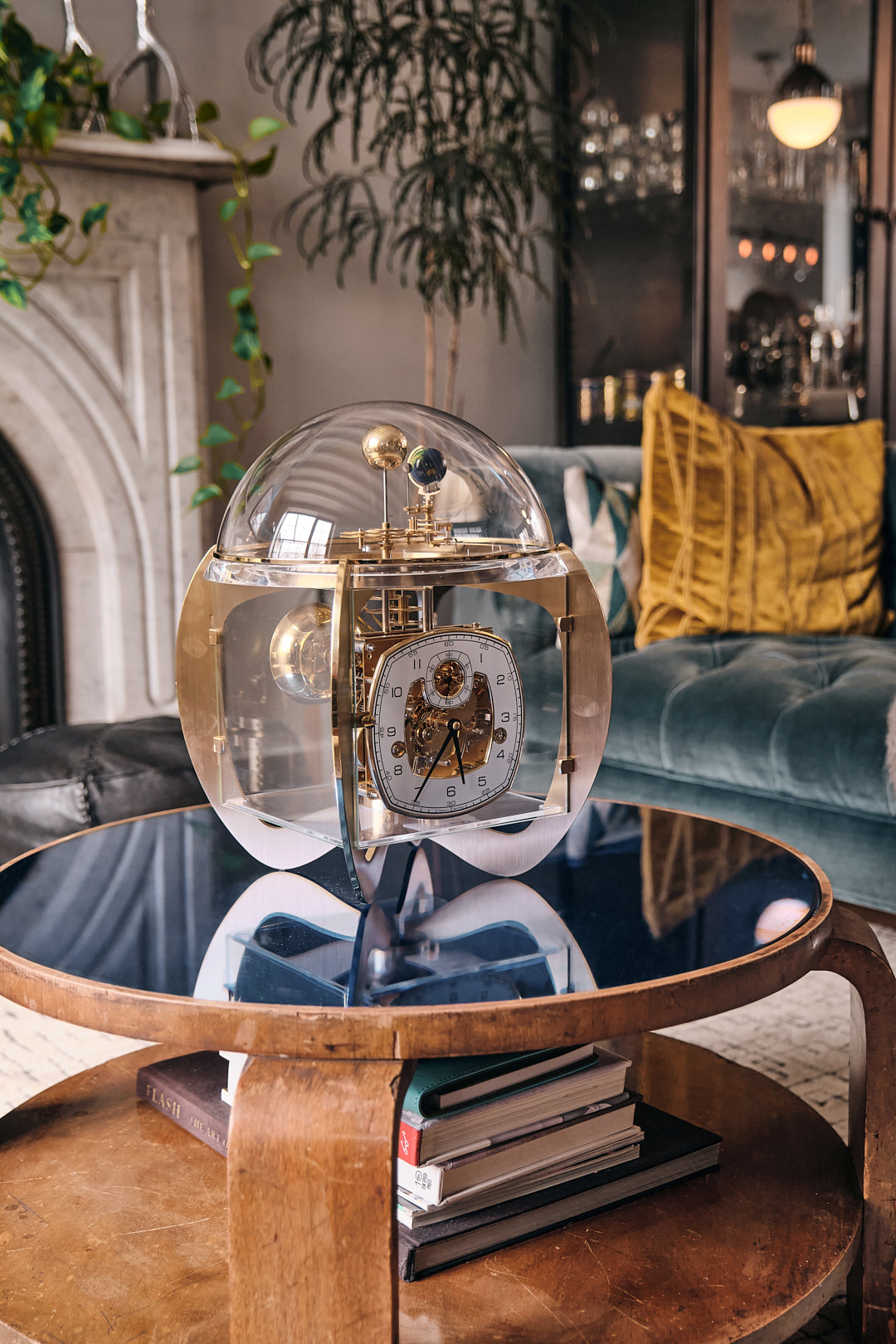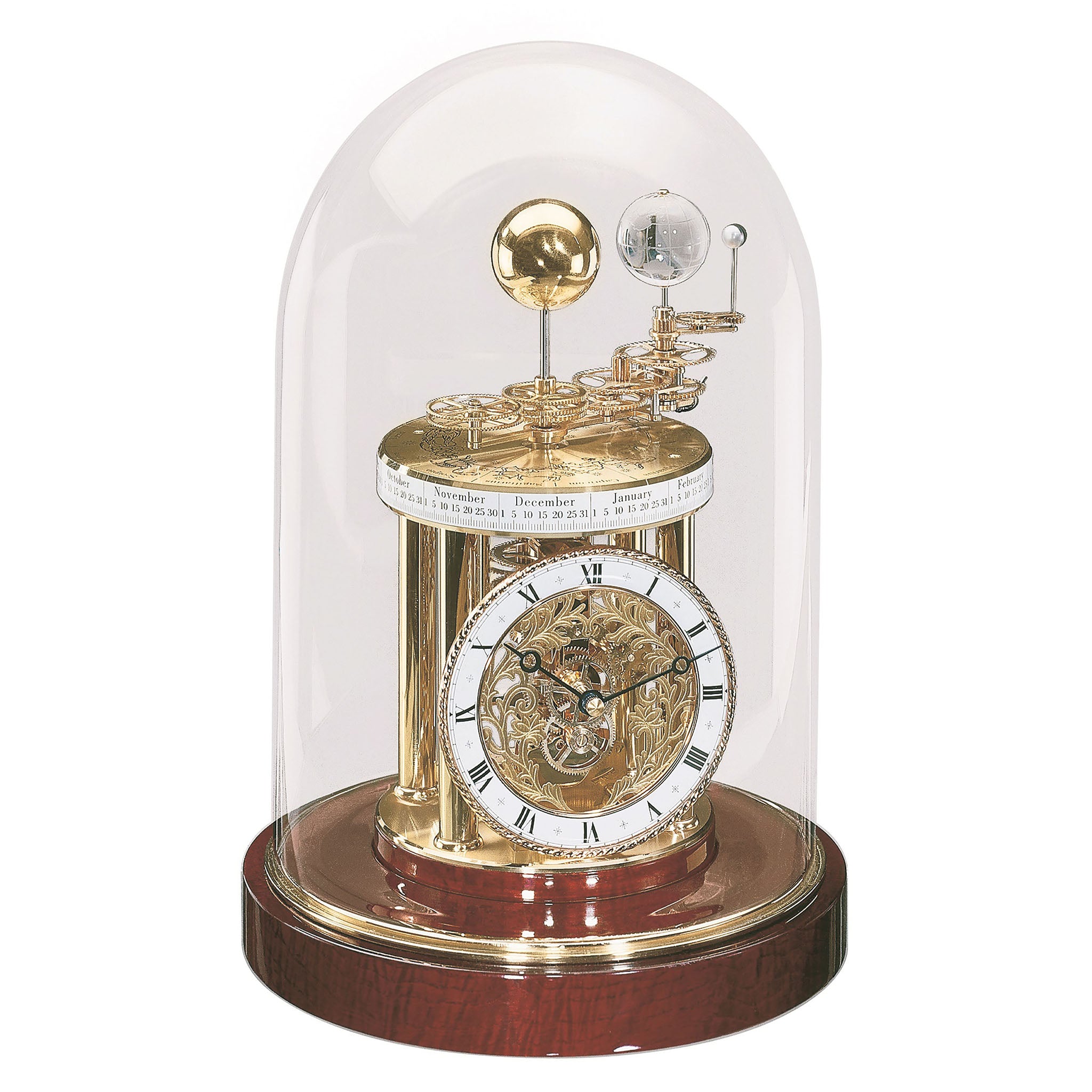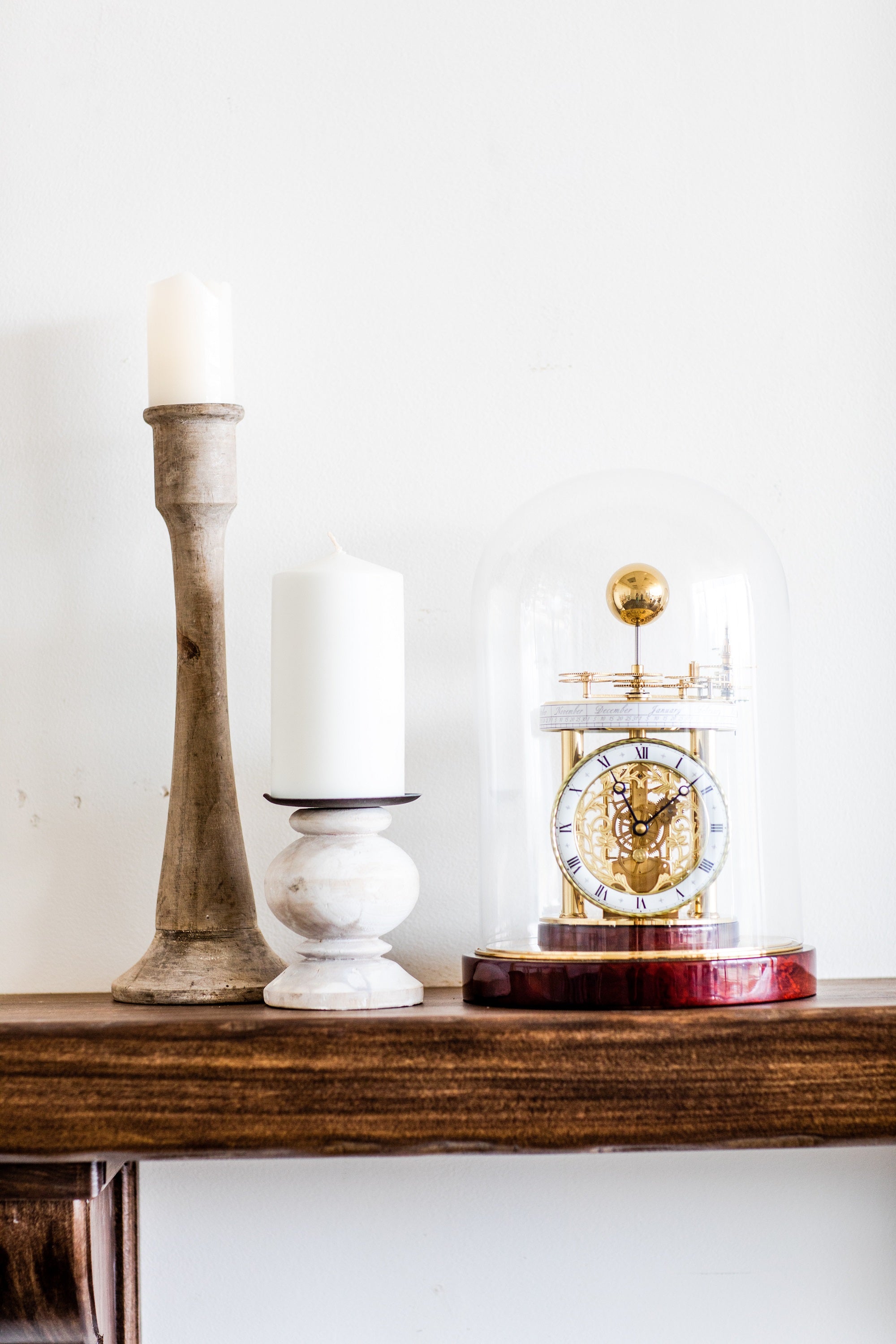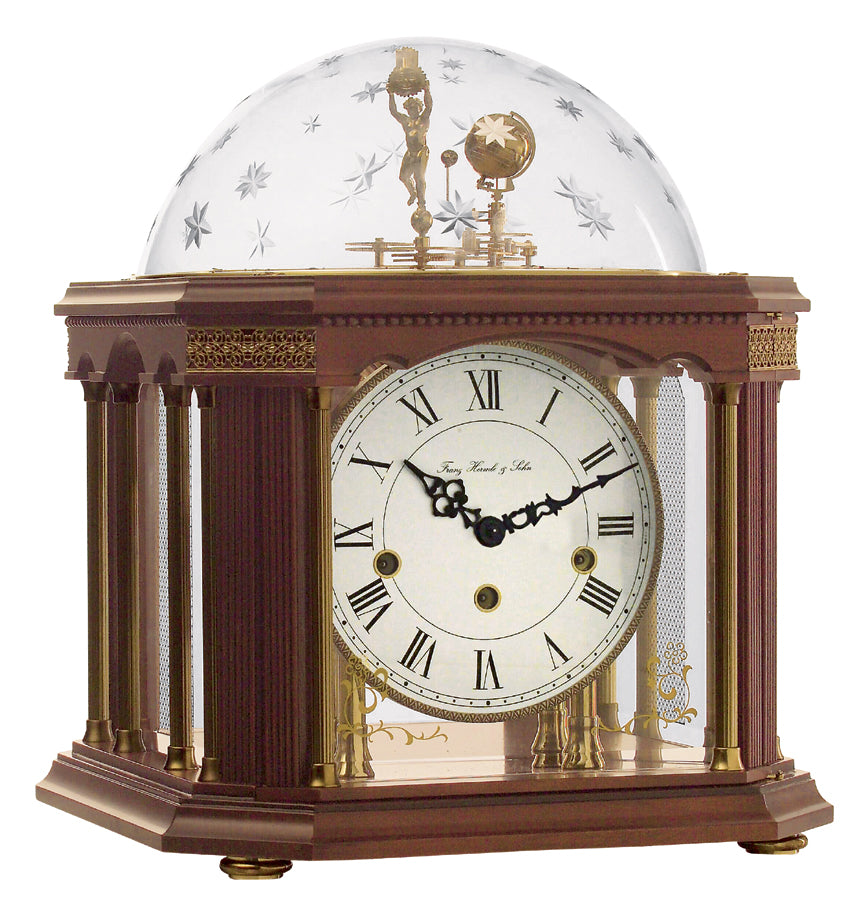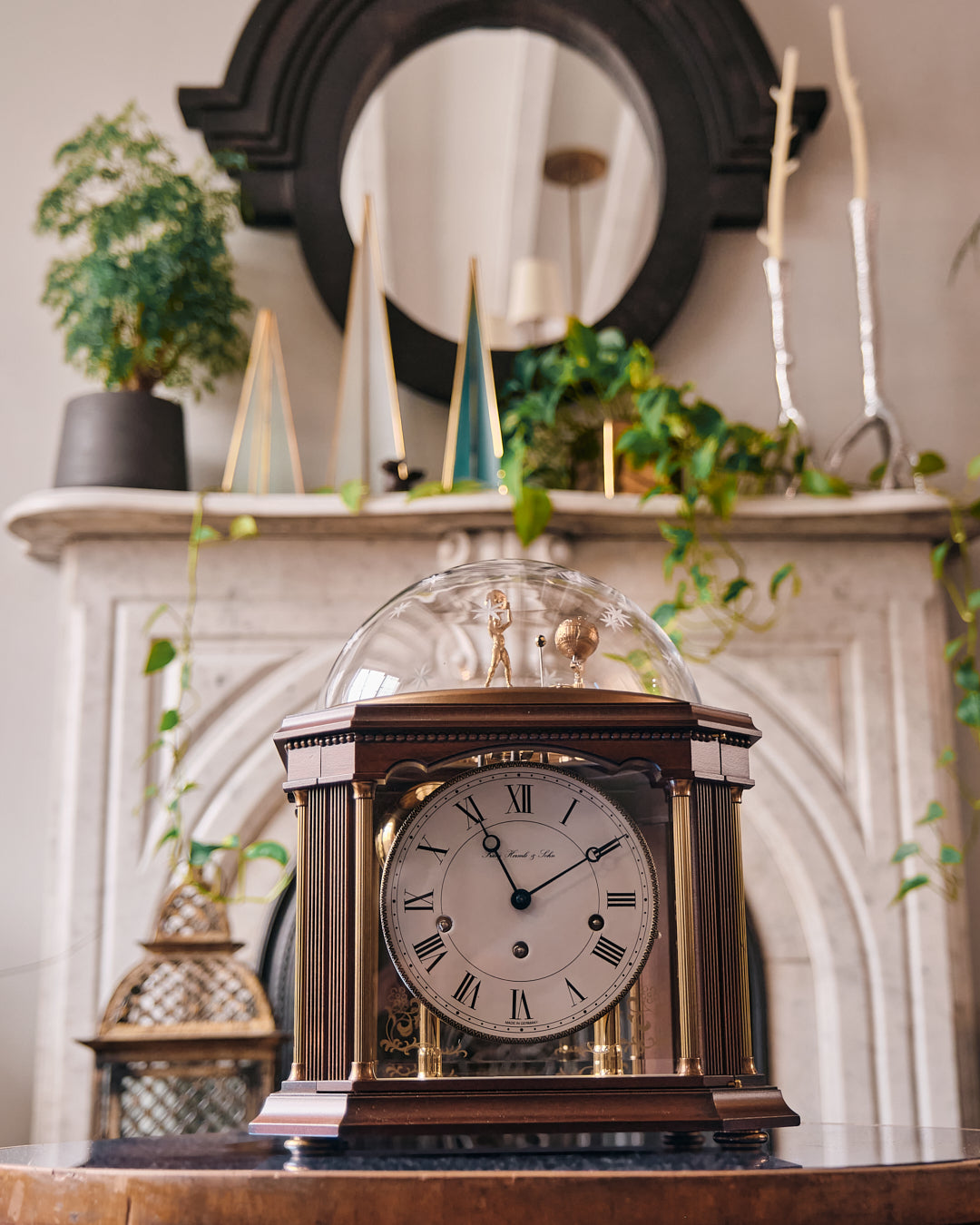Timekeeping has played a significant role in shaping civilizations throughout history. The ability to measure and track time has allowed societies to organize their activities, coordinate with others, and make predictions about the future. From ancient civilizations to modern societies, clocks and timekeeping devices have become not only practical tools but also cultural symbols.
In ancient civilizations such as the Egyptians and Mesopotamians, timekeeping was closely tied to religious and agricultural practices. The Egyptians used a water clock known as a clepsydra to measure the passage of time. They were used to determine the start of religious ceremonies, mark the flooding of the Nile River, and organize working hours for the construction of the pyramids. Similarly, the Mesopotamians developed sundials and used them to divide the day into different periods. The regular movement of the sun allowed them to track the changing seasons and plan their agricultural activities accordingly.
The invention of mechanical clocks during the Middle Ages had a profound impact on society. Prior to the development of clocks, time was often measured based on the position of the sun or by the ringing of bells. With the introduction of mechanical clocks, people could now measure time accurately and consistently. This allowed for the standardization of time and greatly facilitated trade, travel, and communication. It also led to the establishment of fixed working hours and the concept of punctuality.
During the Renaissance period, clocks became a status symbol and were often adorned with elaborate designs and decorations. Clock towers became prominent landmarks in cities, symbolizing the power and influence of the ruling classes. The famous astronomical clock in Prague's Old Town Square is an example of the cultural significance of clocks during this period.
In the modern era, the invention of more precise and portable timekeeping devices, such as pocket watches and wristwatches, further revolutionized society. The ability to carry time around with them allowed individuals to better manage their daily activities and led to increased efficiency in various aspects of life. It also had a profound impact on transportation and the ability to coordinate schedules across different time zones.
Furthermore, timekeeping has also influenced cultural practices and societal expectations. The concept of being "on time" and the importance of punctuality are deeply ingrained in many cultures. For example, in Japan, being punctual is considered a sign of respect and is expected in professional and social settings. On the other hand, some cultures have a more relaxed perception of time and may prioritize other aspects, such as enjoying the present moment.
Timekeeping and clocks have shaped civilizations by providing a means to organize, coordinate, and plan activities. They have allowed societies to measure and track time accurately, leading to increased efficiency and productivity. Along with their practical functions, clocks and timekeeping devices have become cultural symbols, reflecting societal values and expectations. From ancient clepsydras and sundials to modern wristwatches and digital clocks, timekeeping has left a lasting impact on civilizations throughout history.
Clocks and Culture: How Timekeeping Has Shaped Civilizations
